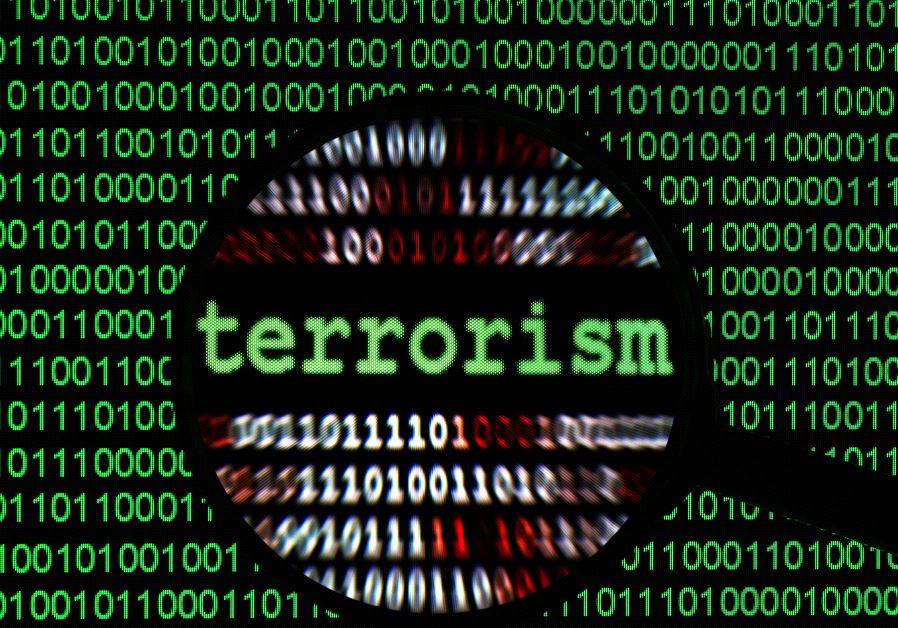Report: Cyber unit's anti-incitement activity getting in the way of free speech
The unit’s efforts led to the removal of 1,575 online posts in 2016 “which appeared to violate the law.”
 Illustrative image of cyber counter-terrorism(photo credit: INGIMAGE PHOTOS)Updated:
Illustrative image of cyber counter-terrorism(photo credit: INGIMAGE PHOTOS)Updated: